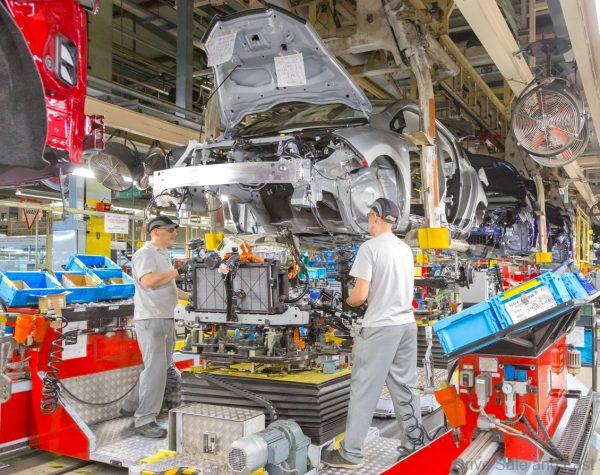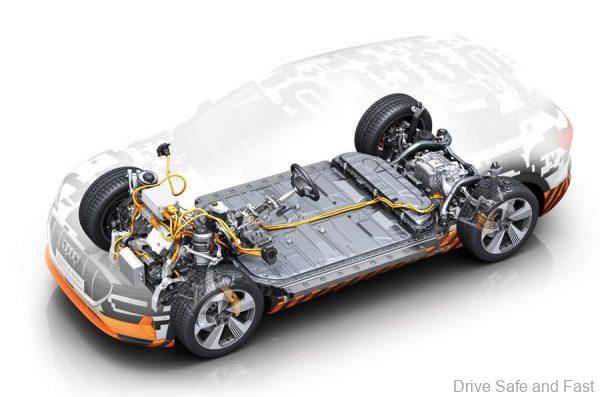Will electric vehicle battery prices also surge?
Well in it inevitable and in the next 6 to 12 months the new selling prices of electric vehicles (EV) will move upwards in Malaysia as EV car manufacturers will not be able to absorb the rising shipping, logistics and also factory prices.
Meanwhile, expect EVs and plug-in hybrids to account for some 16 to 18 percent of passenger car sales globally by 2025 and 29 to 30 percent by 2030. This right now is a very conservative figure, given the big push coming from low priced China made EV’s that are slowly entering the markets in Europe and North America.
Analyst in Europe and North America have compared their research with other market forecasts and the biggest obstacle to will be the demand for raw materials and rear earth metals mining that must be met for these sales forecasts to materialize.
Accelerating EV sales have created surging demand for key metals needed to make the batteries, such as nickel, cobalt and lithium.

NICKEL
Shortages of nickel have led to draws on stocks in London Metal Exchange approved warehouses, which at 88,182 tonnes have dropped 65% since April last year.
More pertinent are stocks of bagged briquette, easily crushed into small particles and dissolved in sulphuric acid to make nickel sulphate for batteries, at 65,676 tonnes down 67% since last April.
Analysts say most of this briquette has been shipped to China, which controls the electric vehicle supply chain.
Wood Mackenzie analyst Andrew Mitchell estimates total nickel demand at 2.8 million tonnes last year, of which 69% was used to make stainless steel and 11% to make batteries, from 71% and 7% respectively in 2020.
Mitchell expects batteries’ share of nickel demand to rise to 13% this year. “We are looking at higher average prices this year.”
Nickel hit USD24,435 a tonne last week, the highest since August 2011. It is expected to retreat later this year as supplies ramp up.
Macquarie’s Jim Lennon expects nickel supplies to rise 14.5% this year to three million tonnes and a surplus of 43,000 tonnes from a deficit of 159,000 tonnes in 2021.

COBALT
Coronavirus lockdowns in southern Africa created bottlenecks that delayed shipments to China from Democratic Republic of Congo, which accounts for more than 70% of global supplies.
“Chinese imports of cobalt hydroxide only increased 2.5% to 82,100 tonnes last year from 2020, meaning domestic stocks were drawn down considerably,” said Benchmark Mineral Intelligence (BMI) analyst Caspar Rawles.
BMI expects total cobalt demand at 177,500 tonnes this year, of which 104,000 tonnes will be consumed by the battery sector.
Cobalt prices at around USD70,000 a tonne are at their highest since July 2018. Traders expect further gains as Chinese consumers restock.
Deficits have pushed prices of lithium carbonate to record highs above USD50,000 a tonne in China, according to BMI.
Lithium carbonate is used for lithium iron phosphate (LFP)batteries. Sales of electric vehicles which use these batteries have accelerated in China.
Lack of investment in capacity due to sliding prices in the three years to 2021 means deficits are likely for some years.
“Supply is struggling to keep up with demand, given long lead times to bring first production from lithium resources to market,” said BMI analyst George Miller.
Electric vehicle batteries can use lithium carbonate or lithium hydroxide. The industry typically talks of lithium carbonate equivalent (LCE) which contains both.
BMI estimates demand for lithium carbonate equivalent at 610,000 tonnes this year, up from 490,000 tonnes last year, and a deficit of 26,000 tonne from a shortfall of 12,000 tonne.

